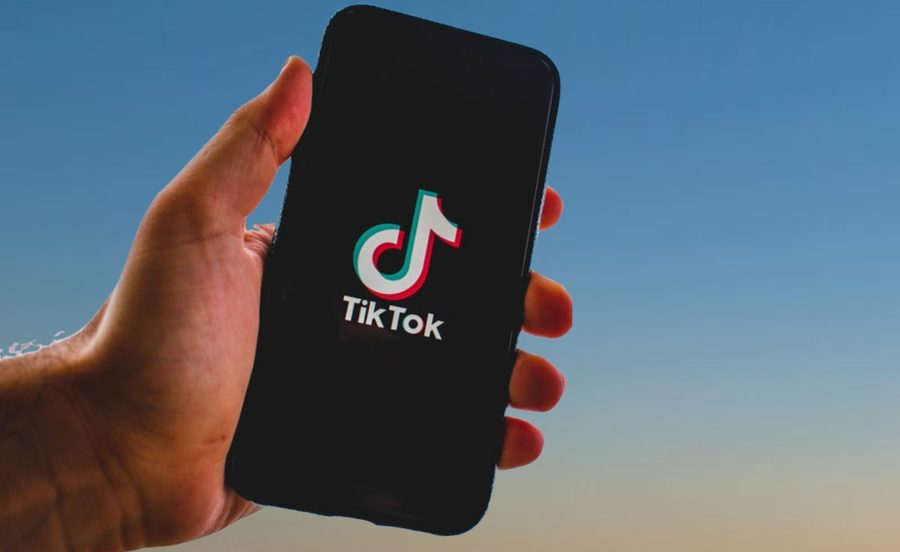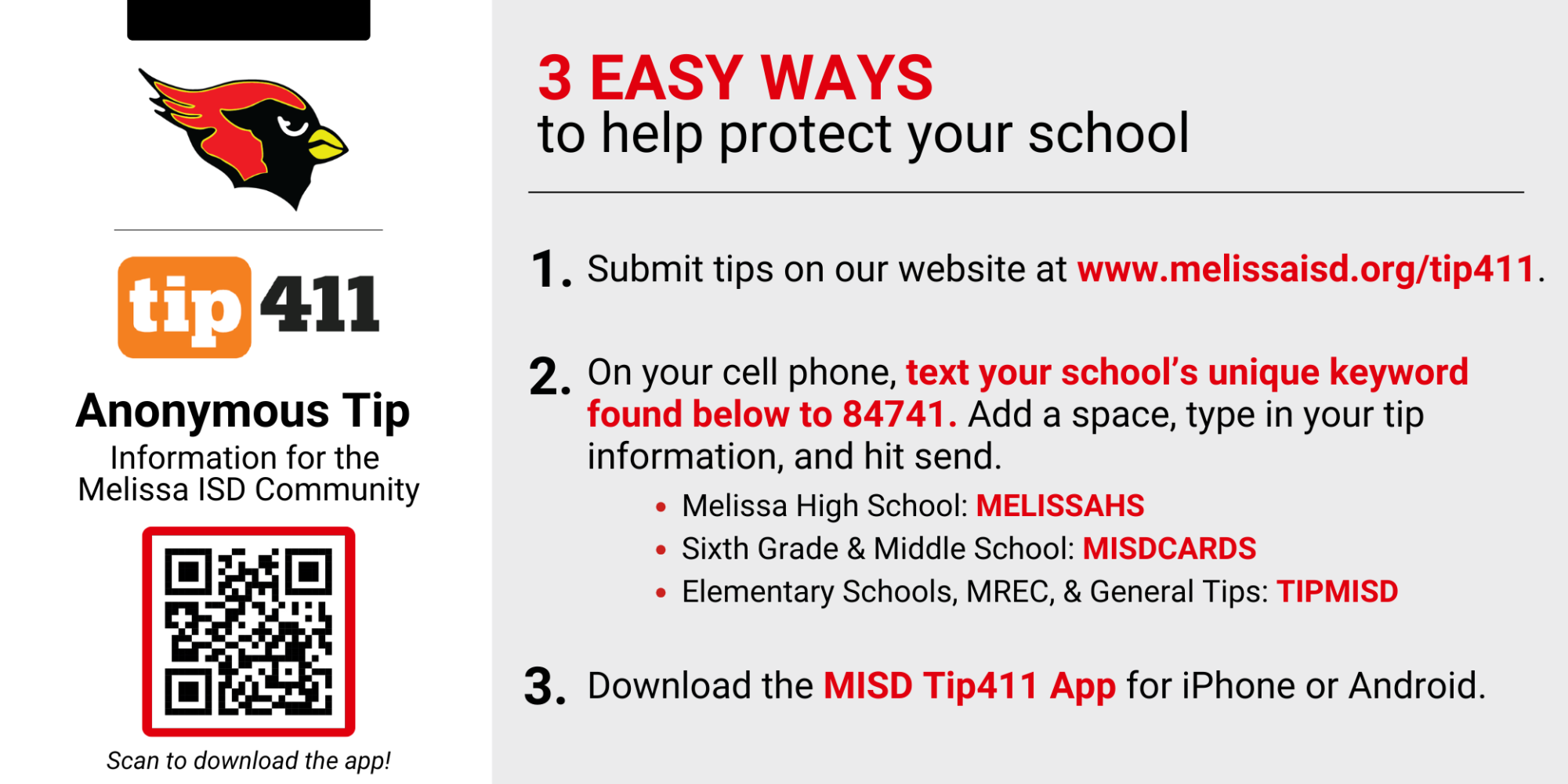Congress grills TikTok CEO about app’s safety
April 5, 2023
On March 23, TikTok CEO Shou Zi Chew testified before the House Energy and Commerce Committee for about five hours. Sen. Rand Paul has come out against a ban on TikTok, breaking from his GOP colleagues on a measure prohibiting the use of the often-criticized social media app.
Senators grilled Chew about issues of data privacy and censorship. Later on, several key senators said Chew had not calmed their fears about the app’s potential misuse by the Chinese government.
Lawmakers cited the national security concerns raised by TikTok, which is owned by the Chinese company ByteDance. Afterward, reporters surfaced that the company had gathered user data and spied on some journalists.
Paul argued that banning TikTok would mimic the censorship by the Chinese government. He cast the question of whether to ban the app as a free speech issue and said he would defend it even against members of his party.
“I hope saner minds will reflect on which is more dangerous: videos of teenagers dancing or the precedent of the U.S banning speech,“ Paul wrote. “For me, it’s an easy answer, I will defend the Bill of Rights against all comers, even, if need be, from members of my own party…If you don’t like Tiktok or Facebook or Youtube, don’t use them. But don’t think any interception of the Constitution gives you the right to ban them.”
Sen. Josh Hawley, R-MO, a vocal detractor of TikTok, introduced legislation on March 8 to ban TikTok in the U.S., which he tried to pass by unanimous consent. Paul objected.
According to Bloomberg, one of Paul’s top donors, billionaire Jeff Yass, is the largest U.S. investor in TikTok. Yass has given millions to Paul’s re-election campaign. But Paul has said that his decisions about TikTok “are not based on any kind of donations.” His office did not respond to a request for comment.
The question of whether to legislate Tiktok has raised fears that it would harm electability for both parties if they ban the app, a favorite among the younger generation.








